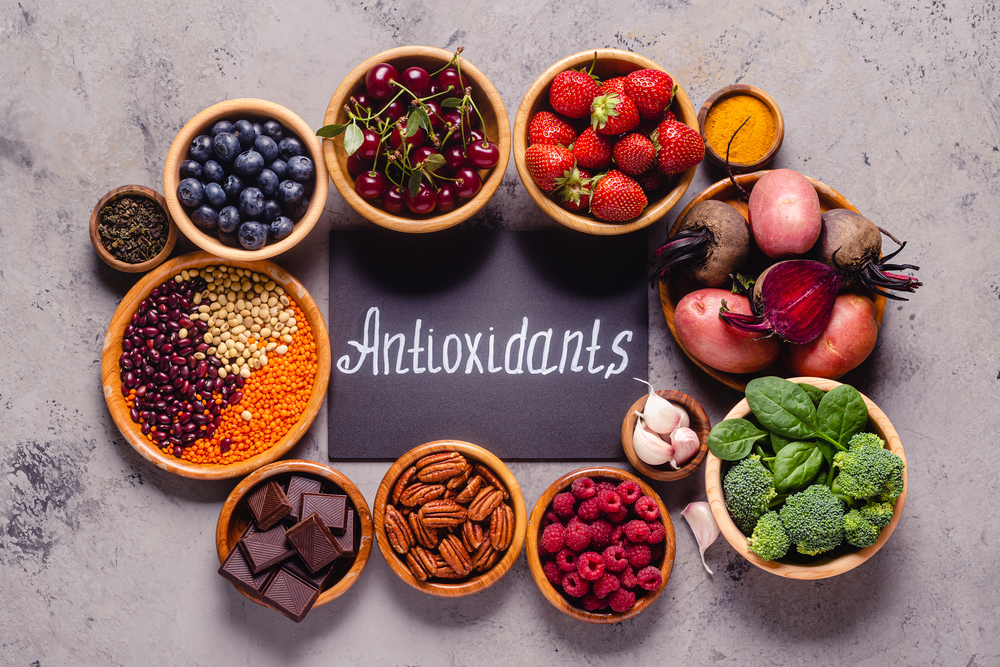
Blueberries are typically the first food that comes to mind when people think of antioxidants, and with good reason. They are abundant in anthocyanins, vitamin C, and flavonoids, all of which aid in the body’s defense against dangerous free radicals. However, what if we told you that there are numerous other foods that are even higher in antioxidants than blueberries—and that they also offer a host of other health advantages?
These 20 antioxidant-rich powerhouses, which range from colorful fruits and filling legumes to invigorating teas and savory spices, should be on your plate. You can lower inflammation, slow down aging, protect your cells, and lower your risk of developing chronic diseases like diabetes, cancer, and heart disease by including a range of these foods in your diet.
1. Dark Chocolate
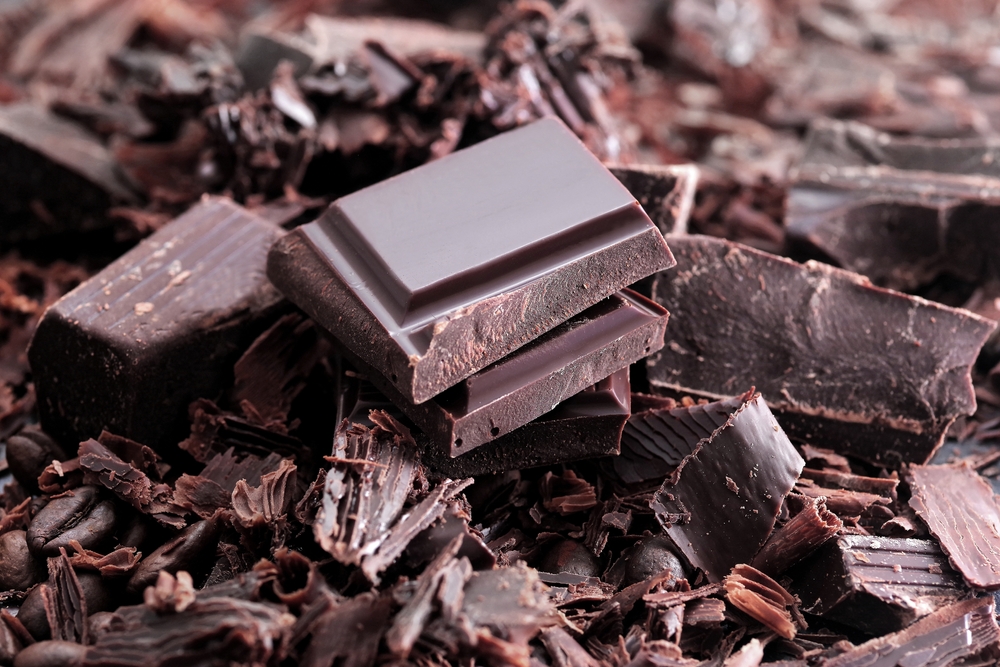
Theobromine, flavonoids, and polyphenols are abundant in premium dark chocolate (70% cacao or more). These antioxidants promote heart health, increase blood flow, lessen oxidative stress, and improve brain function. Research indicates that it contains more antioxidants per gram than blueberries. For best results, enjoy in moderation.
2. Goji Berries
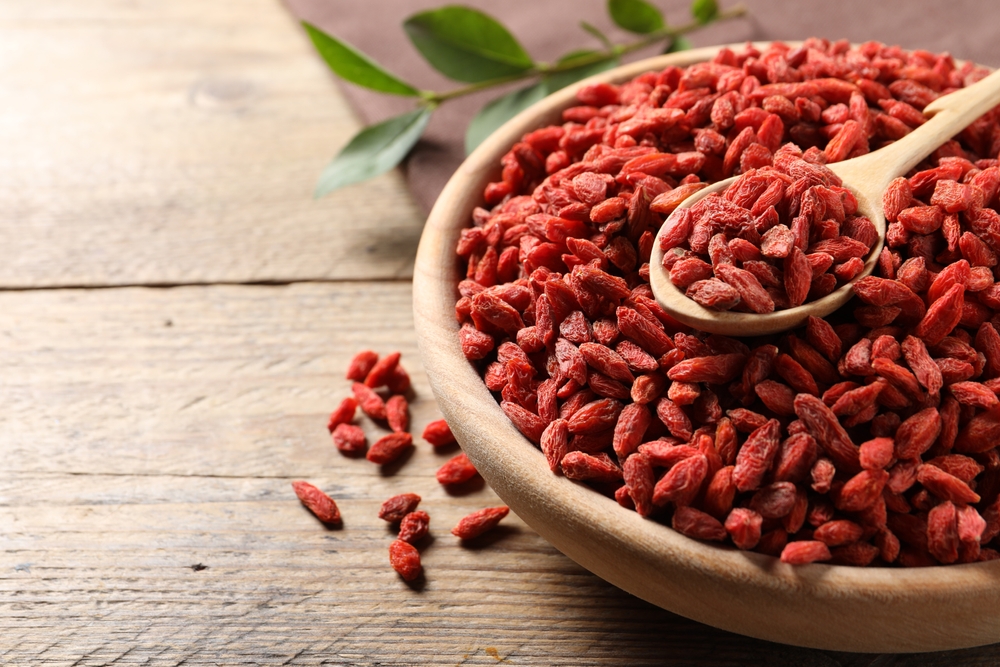
Beta-carotene and vitamin C, two potent antioxidants, are abundant in these vivid red berries. Goji berries lower inflammation, strengthen your immune system, and protect your eyes. They are a superfood that is frequently used in traditional Chinese medicine for longevity and vitality because they contain more vitamin C than blueberries.
3. Walnuts
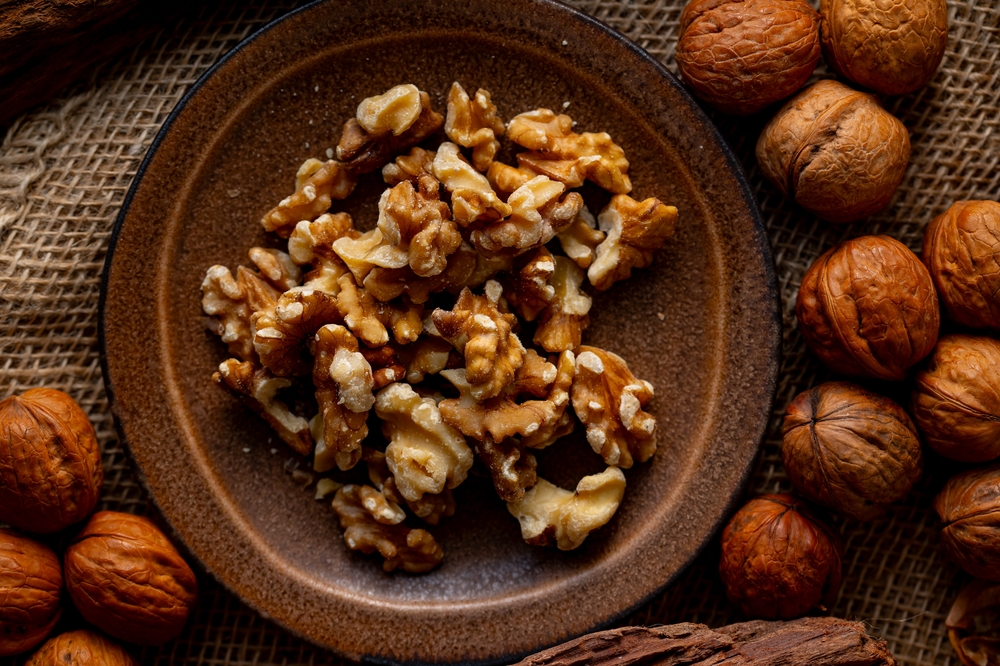
Omega-3 fatty acids, vitamin E, and polyphenols are all found in walnuts. Their antioxidants promote heart and brain health, reduce LDL cholesterol, and fight inflammation. It has been demonstrated that walnuts lower oxidative stress and may even improve gut health by fostering the growth of good bacteria.
4. Pecans
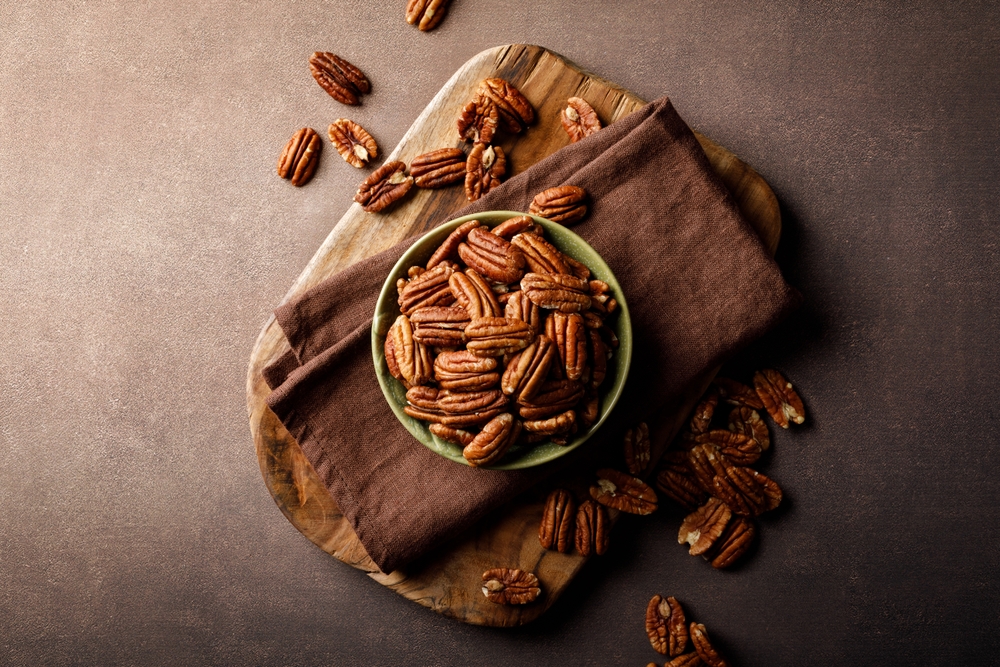
Vitamin E and flavonoids, which are abundant in pecans, help guard against damage from free radicals. Their antioxidant capacity is more than double that of blueberries. Consuming pecans may help control cholesterol, lower inflammation, and promote heart health. A tiny handful makes a big difference.
5. Apples
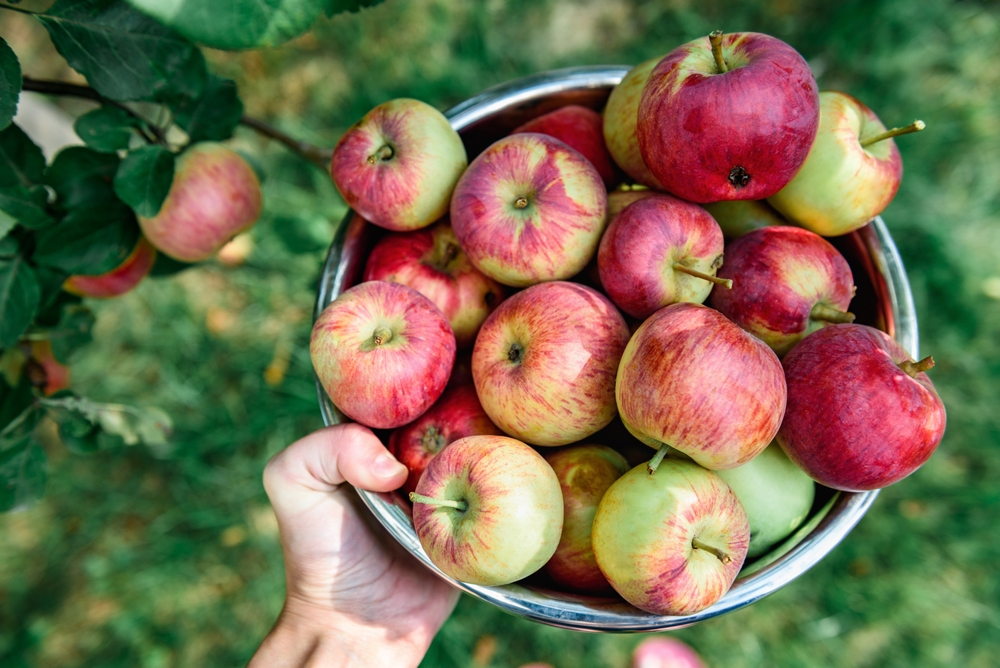
Flavonoids, vitamin C, and phloridzin—a special antioxidant that promotes liver health and lowers inflammation—are all found in apples, especially when the peel is removed. Apples stand out for their immune-stimulating and gut-supporting fiber, but blueberries are generally higher in antioxidants. To obtain a greater variety of nutrients, select different types.
6. Pomegranates
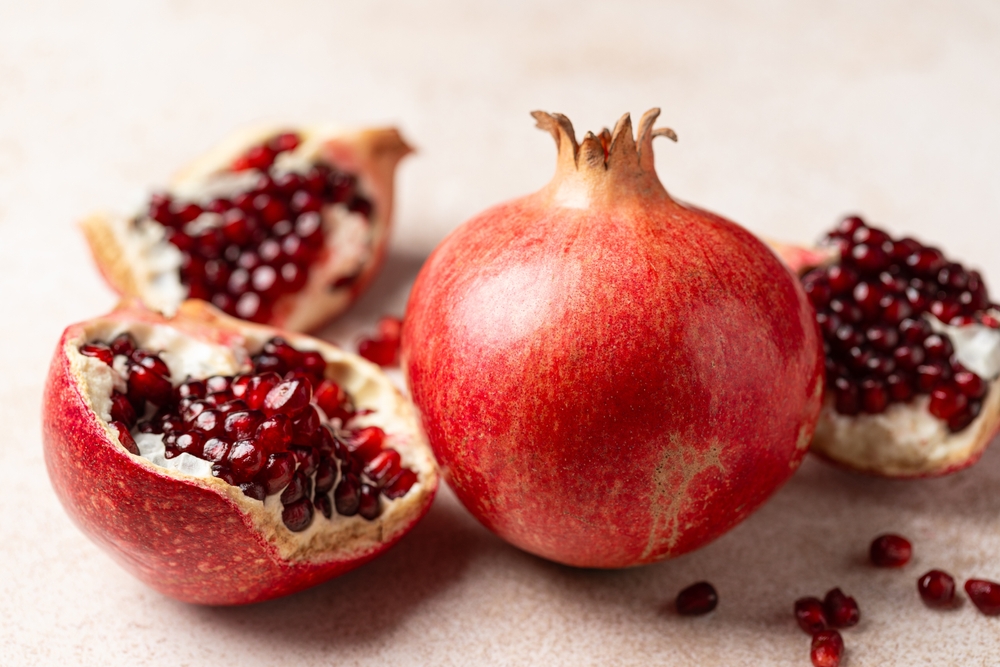
Anthocyanins and punicalagin, which are abundant in pomegranates, are known to lower oxidative stress and guard against chronic illness. According to certain research, pomegranate juice exhibits more potent antioxidant properties than blueberry juice. When taken consistently, it may improve blood pressure, memory, and skin health.
7. Artichokes
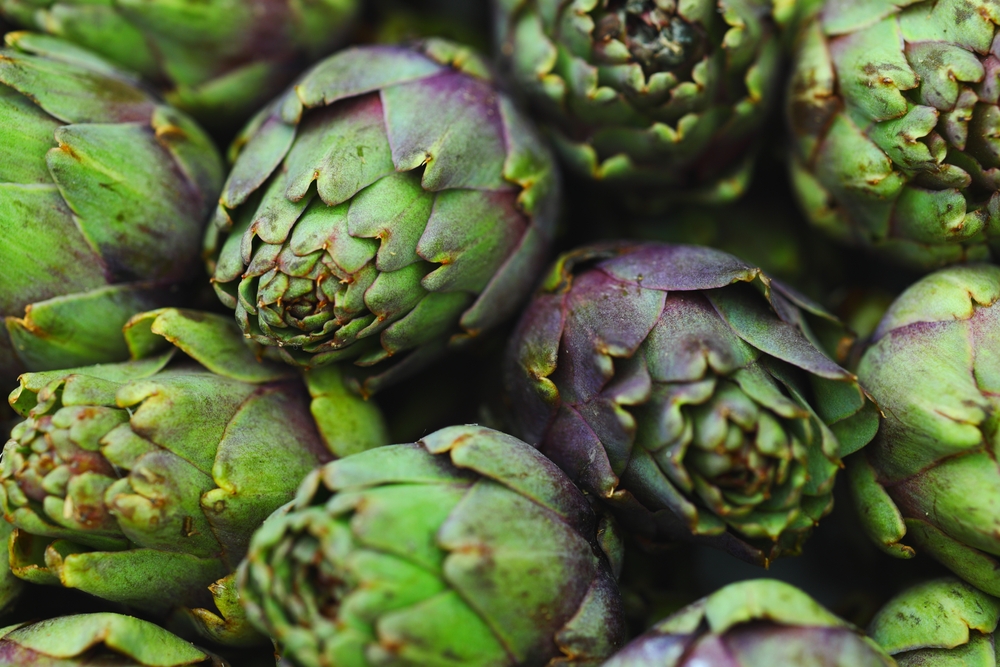
Chlogenic acid, a strong antioxidant found in artichokes, promotes liver health, blood sugar regulation, and cholesterol reduction. Cooked artichokes still have health benefits because these antioxidants are heat-stable. Additionally, they contain a lot of fiber, which aids in digestion and supports a healthy gut environment.
8. Chia Seeds
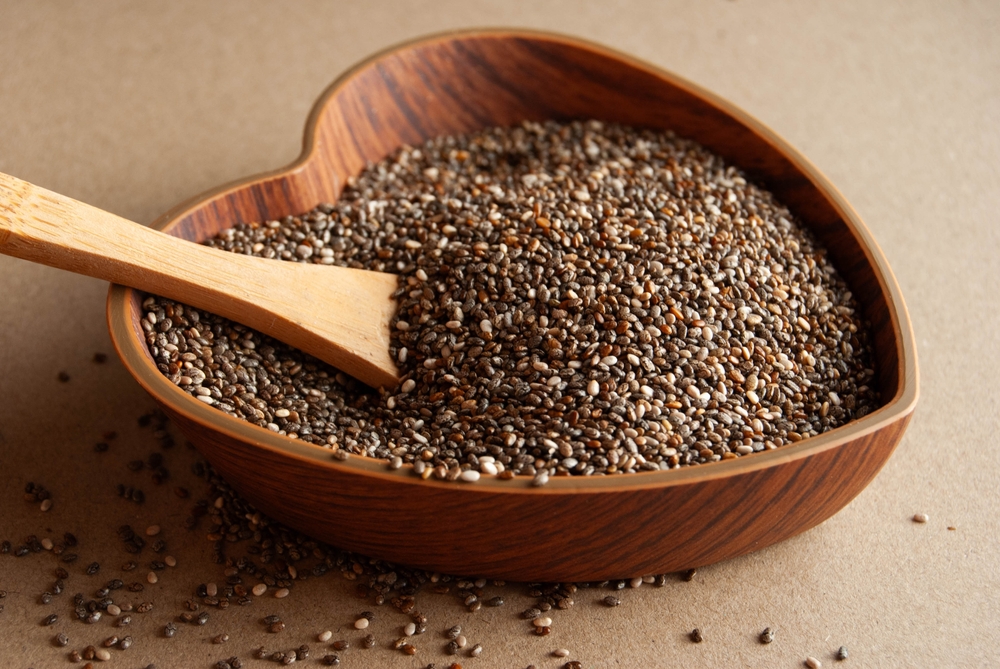
Chlogenic acid, quercetin, and kaempferol—antioxidants that help shield cells from oxidative damage and aging—are abundant in chia seeds. They also provide protein, fiber, and omega-3 fatty acids. A tablespoon added to oatmeal, yogurt, or smoothies can greatly increase your daily intake of antioxidants and nutrients.
9. Turmeric
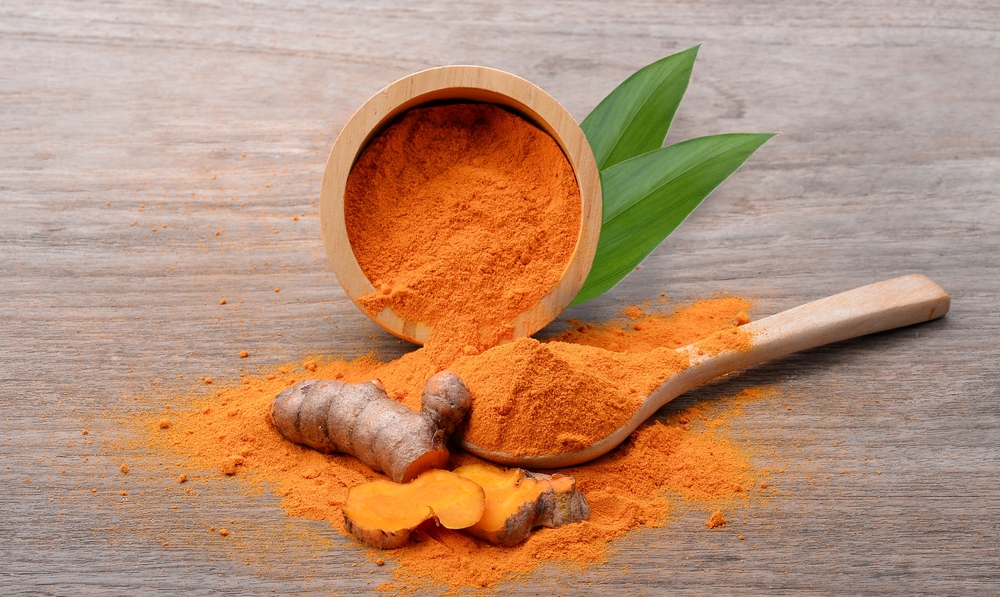
Curcumin, a very strong antioxidant absent from blueberries, is present in turmeric. Curcumin promotes joint health, lowers inflammation, and may help prevent cancer. Use black pepper and turmeric together for optimal absorption. This golden spice has potent anti-aging and anti-disease qualities.
10. Green Tea
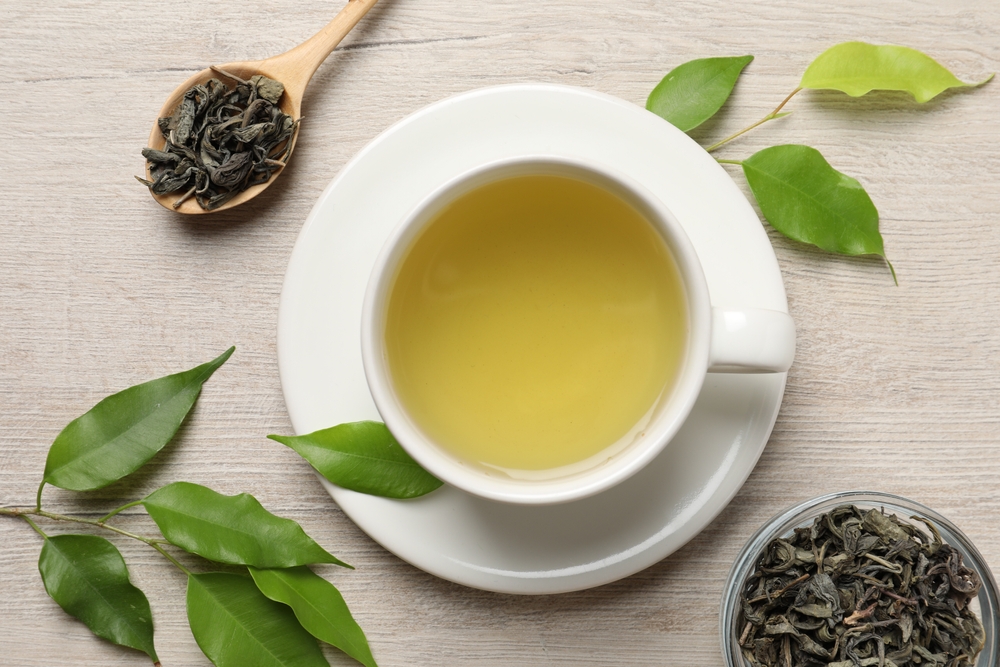
One of the best sources of catechins is green tea, particularly EGCG, a potent antioxidant with anti-inflammatory and anti-cancer effects. Frequent consumption promotes heart health, brain function, and metabolism. Catechins are found in blueberries, but they are more concentrated in green tea.
11. Black Beans
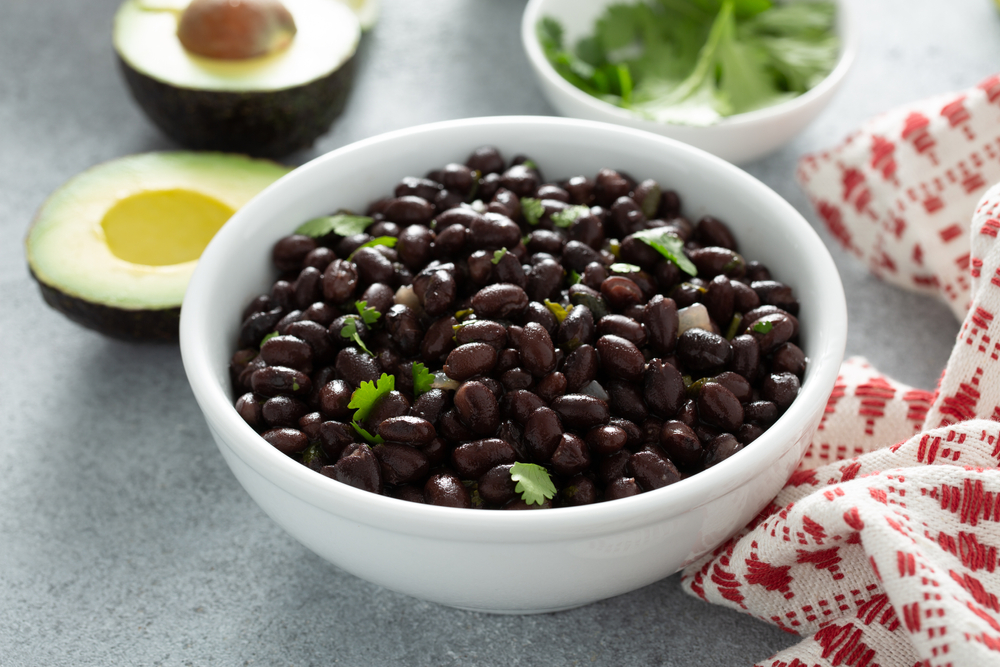
Anthocyanins, the same antioxidant that gives blueberries their rich color, are abundant in black beans. These beans provide plant-based protein and fiber, stabilize blood sugar, and promote heart health. They offer longer-lasting energy and intestinal support, and their antioxidant activity is comparable to that of berries.
12. Red Kidney Beans
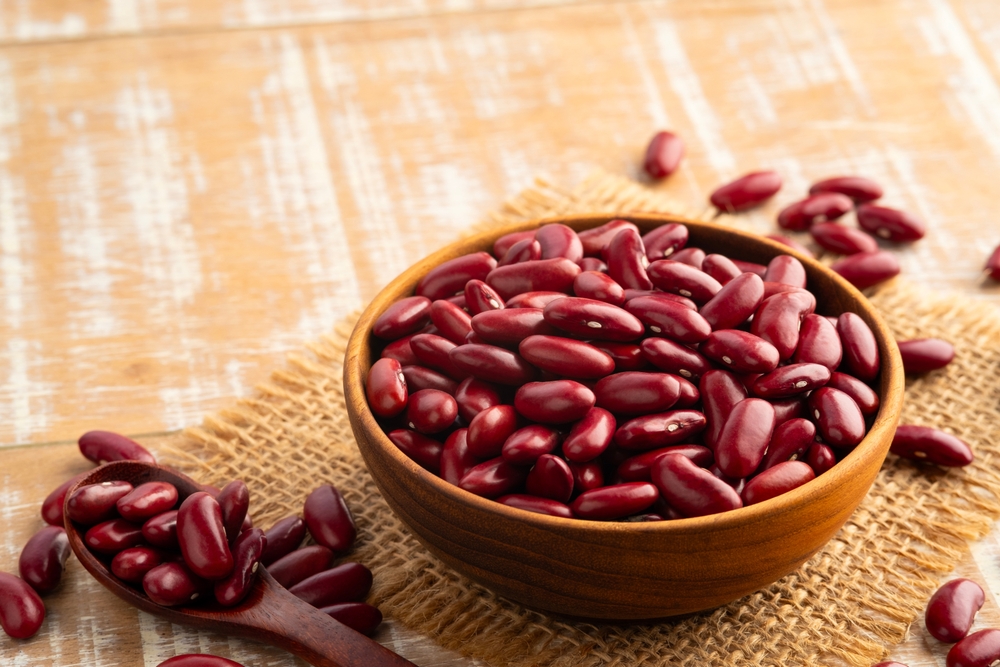
Antioxidants such as flavonoids, phenolic acids, and anthocyanins are abundant in kidney beans. These lower the risk of some cancers, control blood sugar, and aid in the fight against inflammation. They are perfect for balanced meals because they are also a fantastic source of protein and fiber.
13. Kale
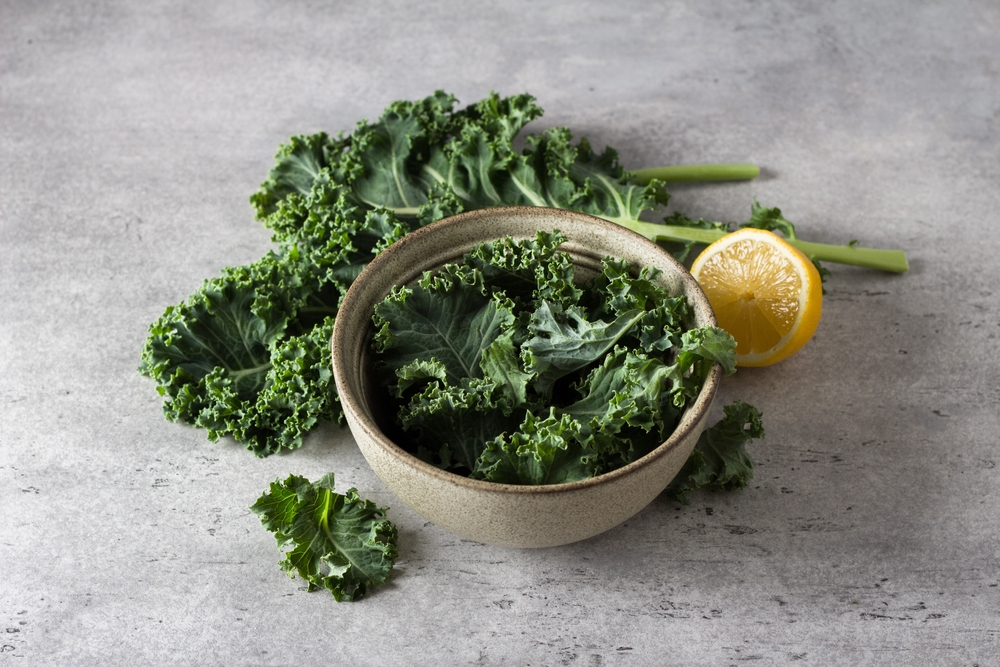
Vitamins C, E, and K, along with carotenoids and polyphenols, are abundant in kale. Its high antioxidant content promotes detoxification, shields cells from harm, and lowers chronic inflammation. Steamed or raw, kale remains one of the most nutrient-dense vegetables on the planet.
14. Sweet Potatoes
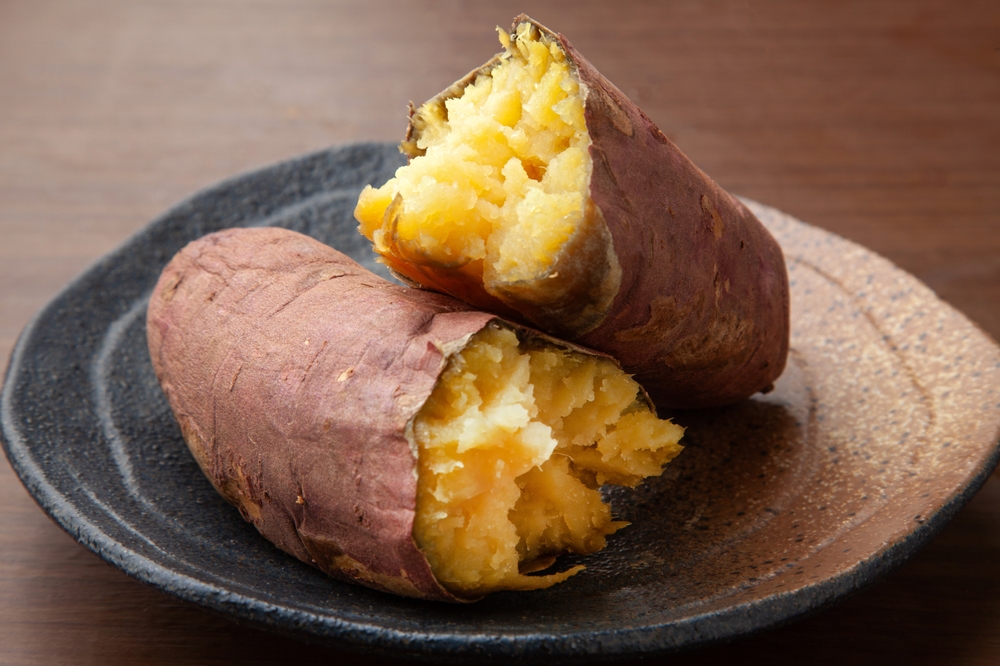
Beta-carotene and anthocyanins, which are found in sweet potatoes, are converted by the body into vitamin A. These antioxidants aid in skin repair, eye health, and immunological function. Their high levels of antioxidants are indicated by their vivid color. They provide flavor and useful nutrition when roasted, mashed, or baked.
15. Coffee

One of the main foods in the Western diet that is high in antioxidants is coffee. Along with other substances that promote heart health, brain function, and metabolic balance, it contains chlorogenic acid. The highest antioxidant content is found in a medium roast that has been brewed for a few minutes. For the benefits, enjoy with awareness.
16. Cinnamon
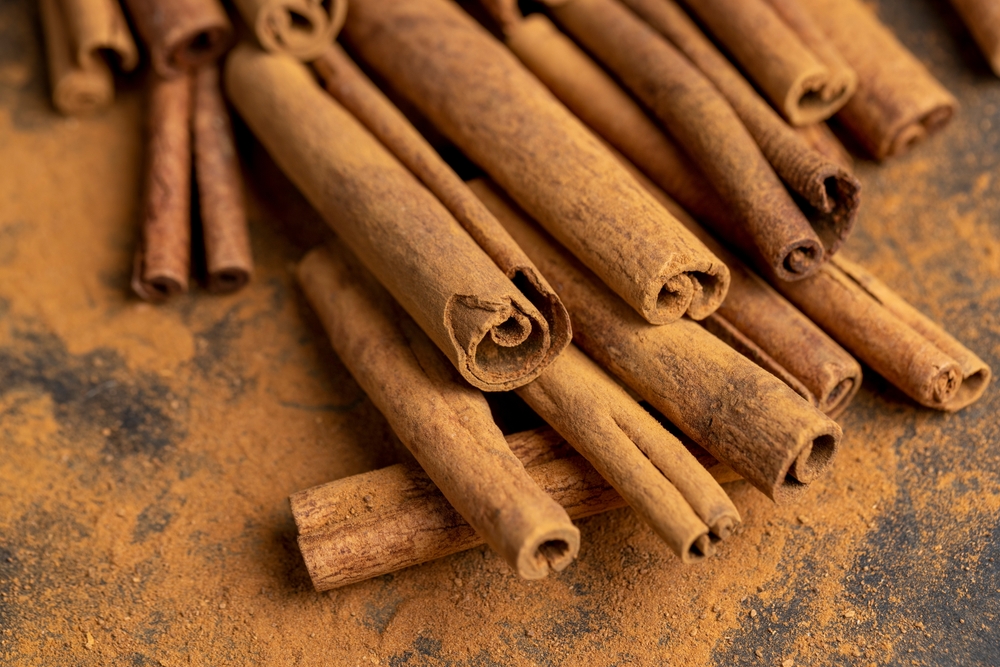
Cinnamon contains antioxidants called polyphenols and cinnamic acid, which can lower inflammation and increase insulin sensitivity. It might support heart health and blood sugar regulation. A daily sprinkle can have significant advantages. For a warming, healthful boost, add it to smoothies, coffee, or oatmeal.
17. Cloves
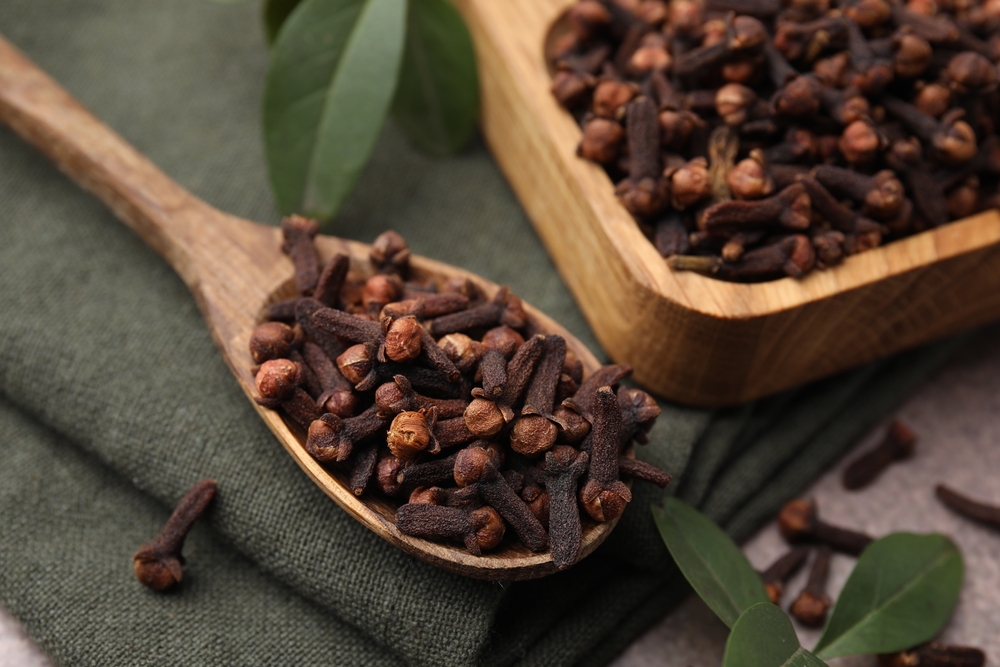
Eugenol, a strong antioxidant with antibacterial and anti-inflammatory qualities, is abundant in cloves. Of all the spices, they have one of the highest concentrations of antioxidants. Additionally, cloves may improve gut health and lessen oxidative damage, which is a factor in aging and illness.
18. Prunes
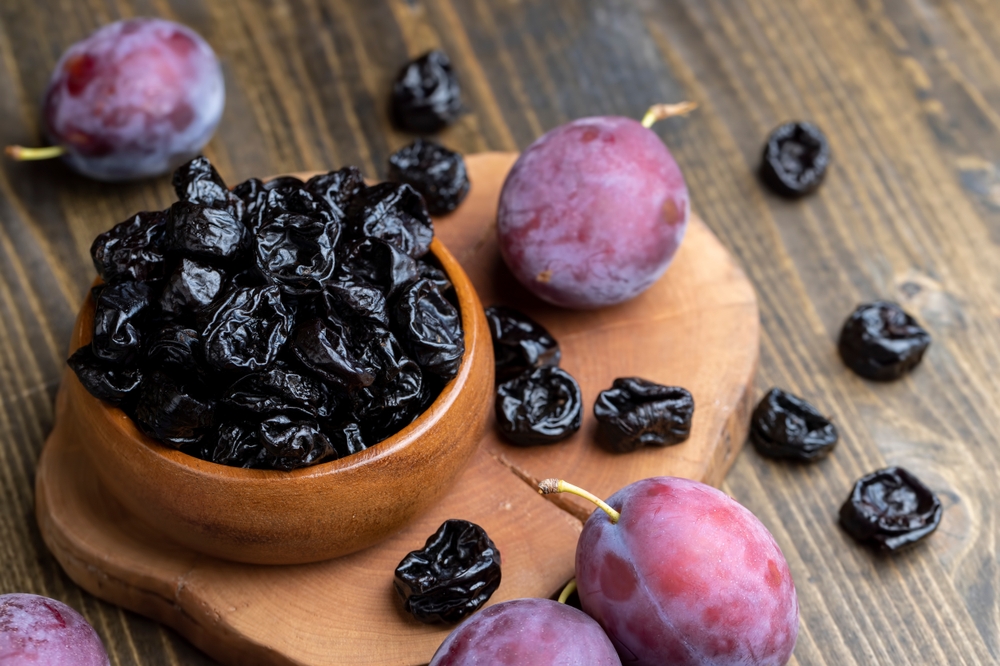
Dried plums, or prunes, are a great source of vitamin K and polyphenols. Their antioxidants protect bones, lessen inflammation, and aid in digestion. According to some studies, they even help older adults avoid losing bone. Because of their natural fiber and sorbitol content, they also support gut health.
19. Russet Potatoes
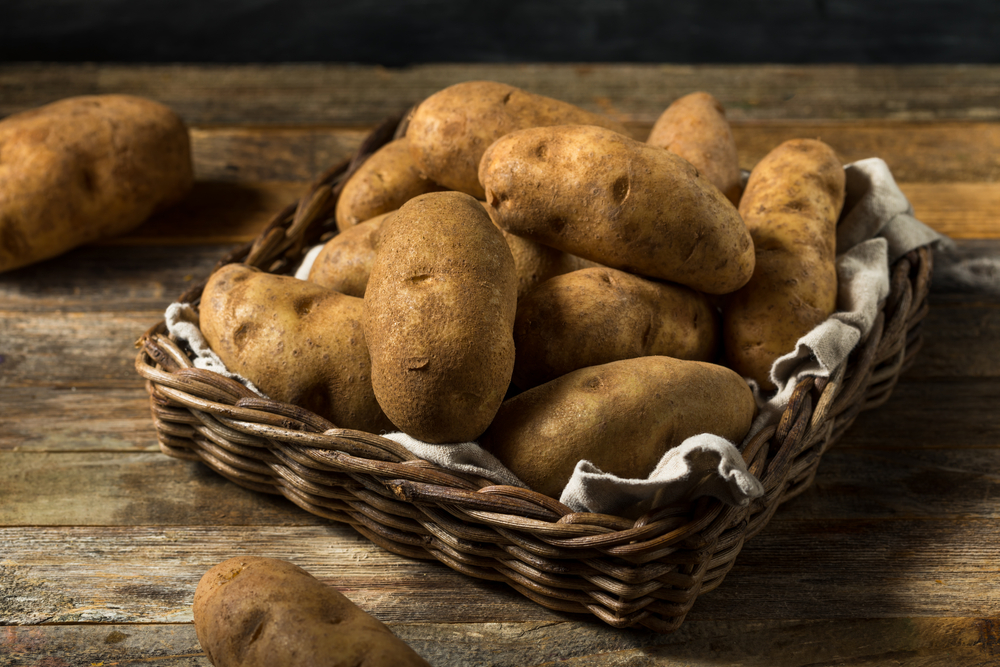
Antioxidants like flavonoids, thiamin, and phenolic acids found in russet potatoes aid in the fight against oxidative stress. They are surprisingly nutrient-dense, especially when the skins are on, despite not being as visually appealing as berries. Additionally, thiamin promotes energy metabolism and improves the activity of other antioxidants in your body.
20. Oats
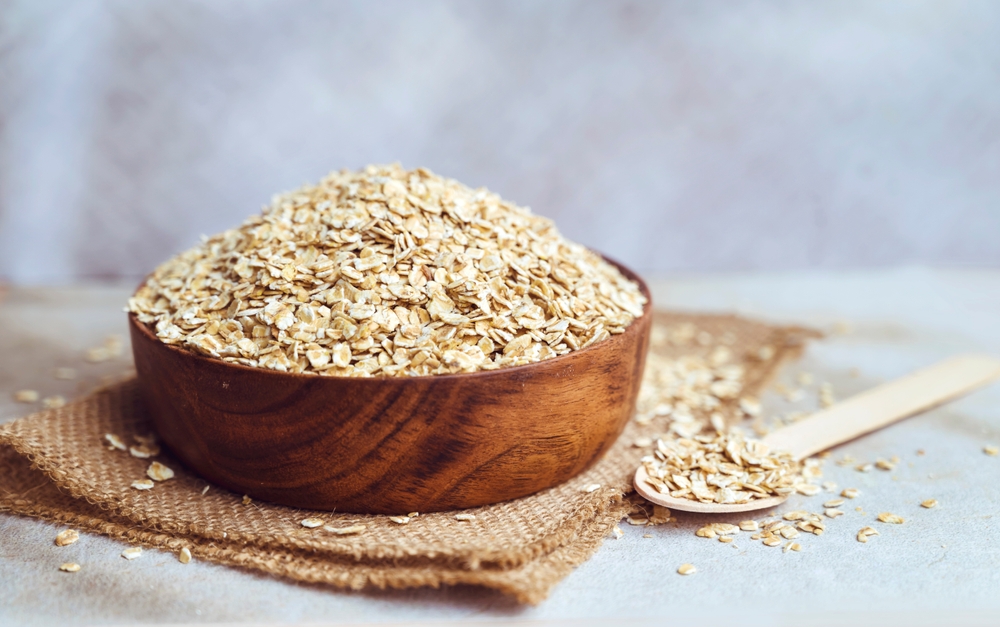
Avenanthramides are uncommon antioxidants that are unique to oats. These substances promote heart health, enhance circulation, and lessen inflammation. Beta-glucan, a fiber that helps regulate cholesterol and immune function, is also abundant in oats. You should have them in your pantry as they are a daily necessity.
Although blueberries are still a fantastic option, no one food provides your body with all the antioxidant compounds it requires. Whether it’s the catechins in green tea, the beta-carotene in sweet potatoes, or the curcumin in turmeric, every plant has a special combination. Consuming a diverse range of foods provides comprehensive defense against damage caused by free radicals.




